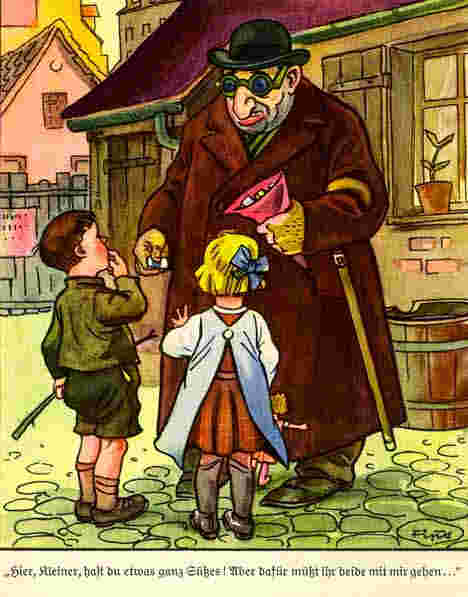Critical Thinking
Reasoning vs. Persuasion
Distinguishing between reasoning and the use of persuasive language
Language serves many purposes. We use it to ask questions, tell jokes, express value-judgements, give orders, convey and evoke emotions, describe things as being ‘thus and so’ and also to persuade. We have seen that one way of doing this is to present an argument. Here, a persuasive inference is drawn and supported by one or more premises which attempt to bring it about. But this is not the only way.
In the absence of reason, language can also be used to persuade via word-power alone. Such a process is referred to as rhetoric. It approximates to convincing somebody that something is the case, without providing reasons for why this is so.
XXX
Classic example:  Winston Churchill’s call to arms: ‘we will fight them on the beaches’ - a rallying cry for the nation to resist Nazi tyranny:
Winston Churchill’s call to arms: ‘we will fight them on the beaches’ - a rallying cry for the nation to resist Nazi tyranny:
Even though large tracts of Europe and many old and famous States have fallen or may fall into the grip of the Gestapo and all the odious apparatus of Nazi rule, we shall not flag or fail.
We shall go on to the end, we shall fight in France,
we shall fight on the seas and oceans,
we shall fight with growing confidence and growing strength
in the air, we shall defend our Island, whatever the cost may be,
we shall fight on the beaches,
we shall fight on the landing grounds,
we shall fight in the fields and in the streets,
we shall fight in the hills;
we shall never surrender, and even if, which I do not for a moment believe, this Island or a large part of it were subjugated and starving, then our Empire beyond the seas, armed and guarded by the British Fleet, would carry on the struggle, until, in God's good time, the New World, with all its power and might, steps forth to the rescue and the liberation of the old."
Few would deny the power of such words, nor the persuasive potency of the speech itself, but no argument is being presented. Its persuasive power rests solely upon the emotional language used to express it rather than in the provision of reasons illuminating why we should be so swayed.
Expressions such as ‘fall into the grip of’, ‘odious’, ‘flag or fail’, ‘go on to the end’ etc. are highly charged, rhetorical devices that illuminate just how powerful and persuasive a tool language can be.
|
|
|
 Compare: the fact that this type of speech can be used to support ignoble as well as noble causes should remind you just how important the need is for objectivity when analysing such odious examples as the following:
Compare: the fact that this type of speech can be used to support ignoble as well as noble causes should remind you just how important the need is for objectivity when analysing such odious examples as the following:
A devil goes through the land, It's the Jew, well-known to us
as a murderer of peoples,
a race defiler, a child's horror in all lands!
Corrupting our youth
stands him in good stead.
He wants all peoples dead.
Stay away from every Jew,
and happiness will come to you!
(Taken from ‘Der Giftpilz’ [The Poisonous Mushroom] a book of fascist propaganda by Julius Streicher – aimed at children)
The ability to discriminate cases where language is used for rhetorical force from those which present a genuine argument is therefore an important one. Where no reasons are presented, we should not allow ourselves to be seduced by the power of words alone. Here are two further examples. See if you can identify where language is being used for rhetorical effect:
XXX
1) 
2)
We few, we happy few, we band of brothers; For he to-day that sheds his blood with me
Shall be my brother; be he ne'er so vile,
This day shall gentle his condition:
And gentlemen in England now a-bed
Shall think themselves accursed they were not here,
And hold their manhoods cheap whiles any speaks
That fought with us upon Saint Crispin's day.
(Shakespeare, Henry Vth)